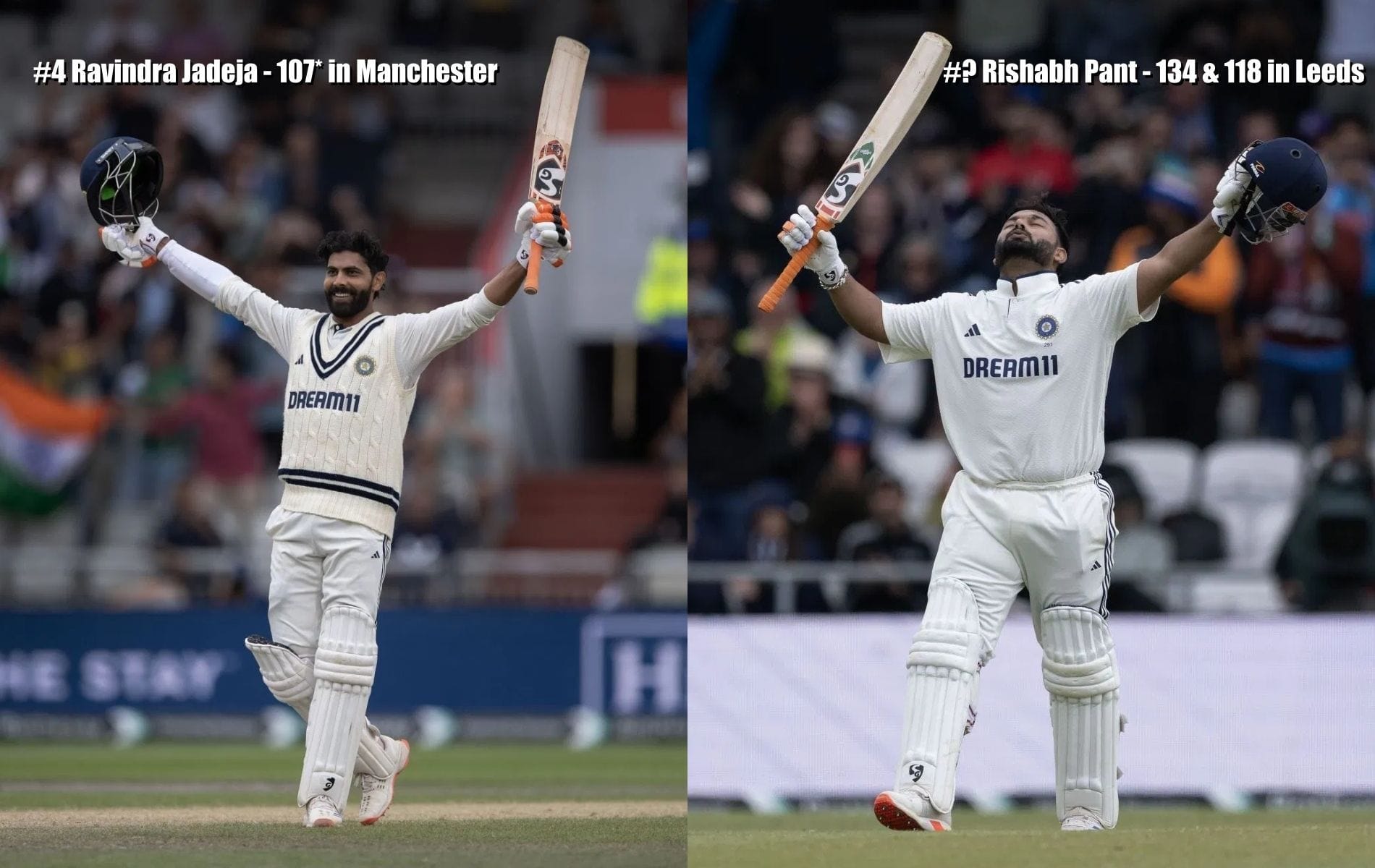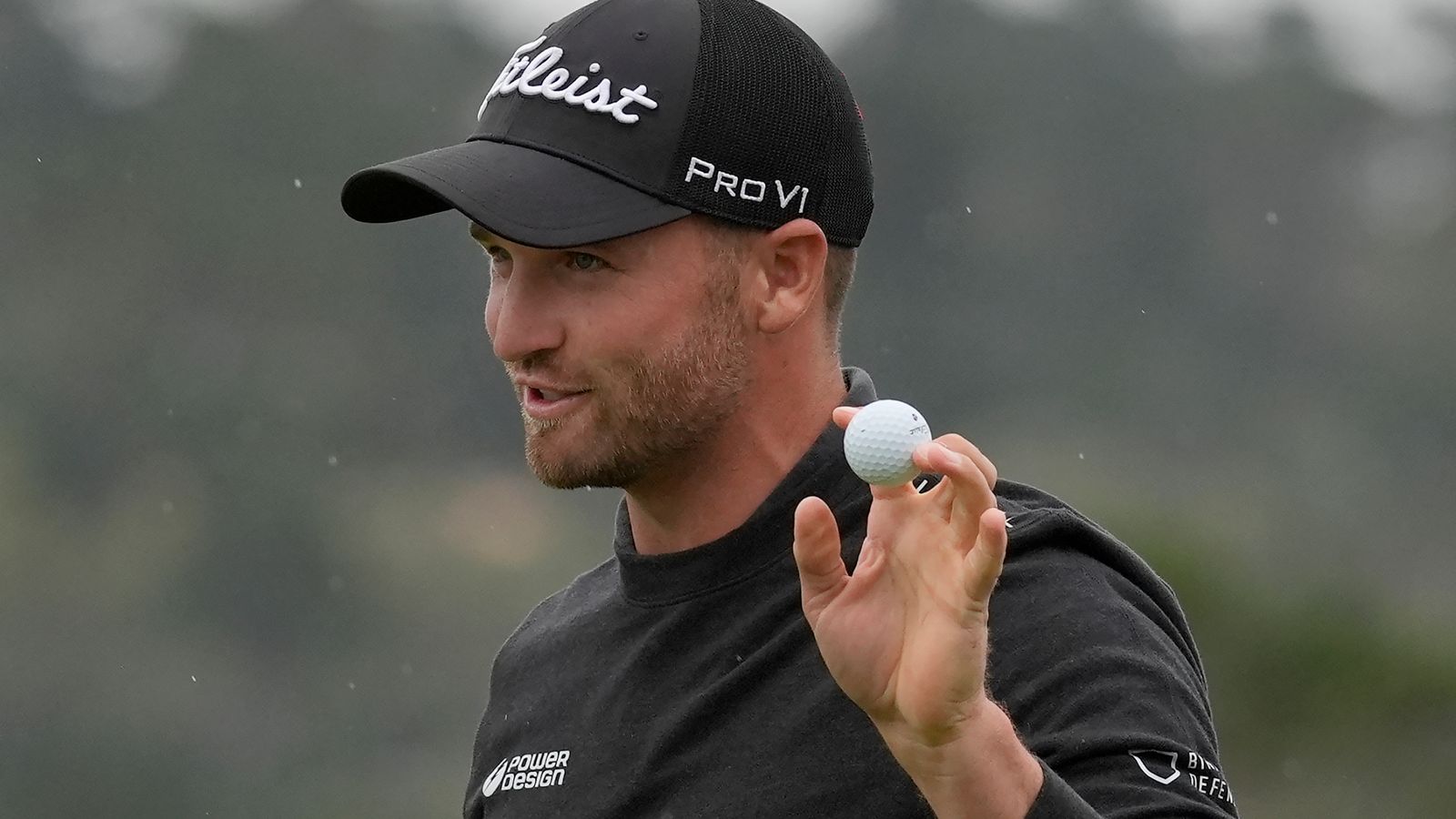There was little offense early during the Cleveland Browns–Pittsburgh Steelers Week 2 Monday Night football matchup. The two teams played hot potato, turning the ball over back and forth, and the end of the first quarter had to be played over again after replay review.
However, there was one offensive player who was dependable from the opening whistle, Nick Chubb.
One of the best running backs in the league had run for 106 yards during the Browns’ Week 1 victory against the Cincinnati Bengals, and was ready to go for even more in Week 2. The Browns rode Chubb early and often, with him accumulating 59 yards on nine carries against the Steelers. On his 10th carry, he ran for what will likely be the final five yards of his 2023 season.
Minkah Fitzpatrick drilled Chubb directly in the knee, hurting himself in the process. For a moment, it appeared that Chubb would be alright. He looked like he was merely dinged when one of his teammates tried to help him up off of the ground, but Chubb would pull his hand away, unbuckle his chinstrap and roll over in pain. As Joe Buck informed the television audience that the replay of what happened would not be shown, a collective groan from the 68,000-plus confirmed that Chubb’s knee getting mangled was not fit for air. One bad hit and now the 2023 season is likely over for one of the most durable running backs in the NFL, after only 170 yards and just over five quarters.
Chubb signed a three-year contract extension with the Browns in 2021. At the time he was league leader in yards per carry since 2018 — among running backs who carried the ball at least 150 times — with an average of 5.23. That extension guaranteed him $20 million and made him the fifth-highest paid running back in the league at about $12 million per year.
His backup, Jerome Ford, took over primary running back duties for the rest of the game and spelled out yard by yard just why running backs do not get compensated in line with the labor required of them during the season. The second-year, fifth-round draft pick rushed for 106 yards on 6.6 yards per carry. He also caught three passes for 25 yards and a touchdown, and the Browns slithered out of Pittsburgh with a 22-20 win.
Ford entered the game and immediately was an impact player. Ford’s base salary for 2023 — $870,000.
Long-term deals for running backs may be a non-starter, but the NFLPA has to figure out a way for these players to receive some kind of hazard pay to compensate them for the pounding they take. It starts in their hometowns when they are the best player on a team and tote the rock all game. Then they get to college and coaches ride them there as well. Years of a running back’s prime unpaid for, and then they get to the NFL. They sign a slotted deal, and if they are great, the team gets the reward of the option to franchise tag running backs until their prime is likely complete.
Chubb is 27, and when his contract expires in 2024 he will be 30. After suffering a major knee injury — a second one in the same knee, the first happened in college — it is hard to see the Browns offering him a multi-year one, especially since they are on the hook for every dollar of Deshaun Watson’s deal.
Now the Browns will begin to use up a talented fifth-round draft pick. If Ford keeps producing they will keep giving him the ball and he will not make $1 million in a season until 2026. Then they have the option to hit him with that double franchise tag which would take him to 29. He likely won’t lead the NFL in yards per carry, and the Browns are going to be more gun shy when it comes to signing Ford to a new deal after dealing with Watson and this Chubb injury.
There is no more hazardous position in the NFL than running back. Not only are their careers the shortest, but as a position group, they make less than any other player in which collisions are part of their job description.
In other dangerous lines of work in this country people are compensated extra for the physical punishment they suffer on the clock. Running backs certainly deserve some hazard pay to compensate for the contract dollars and length that they don’t receive in comparison to their peers. They are used as crash-test dummies. One of them breaks, and then another one, usually newer, is sent right back into the car for another crash.
This is worth some hazard pay.
















